Cornerstones utilizes a Dual Therapist model whereby clients receive individual therapy from two therapists, a Primary and Secondary Therapist, on a weekly basis. The primary therapist oversees the case and coordinates with the rest of the client’s Treatment Team to lead care. The secondary therapist also offers a weekly individual session. This style allows for a dynamic approach to complex presentations. The primary and secondary therapists work closely together to address therapeutic topics from different paradigms and orientations. This enables our Clinical Team to provide ample focus on multiple, distinct clinical issues. It also allows us to tackle a single, persistent clinical issue from a diversity of perspectives.
Family engagement at Cornerstones of Maine is an essential aspect of treatment and there is family contact every week. These sessions are a mix of two distinct intentions. One expression of this is traditional family therapy via Zoom Meetings. Our Primary Therapists facilitate a dialogue between clients and their parents with a focus on communication, perspective-taking, collaboration, expectation, individuation, and a myriad of other relevant topics. Another expression of our family contact is our Family Updates. In these sessions, we will discuss the client and family’s progress toward goals, share clinical conceptualizations, collaborate on areas of growth, and offer parent coaching. These meetings are useful for families to remain connected to the process throughout the treatment stay.
Group Therapy occurs three to four times per week at Cornerstones and is focused on helping our clients better understand how they experience others, as well as how others experience them. Co-facilitators use a ‘Process Group’ approach, which allows us to hone in on both interpersonal and individual events (interpsychic and intrapsychic). We explore our defenses and how they serve to both protect and sabotage us. We also spend time finding the courage to practice confrontation of both self and other, intending along the way to increase our honesty and self-accountability. In addition to this, we seize opportunities to grow clients’ capacity for more tangible skills such as conflict resolution, emotional regulation, and interpersonal effectiveness.

 Intensive and transformative clinical work is the necessary foundation for aiding young adults to develop the self-reflective functioning, resiliency, and self-agency that is necessary to make enduring life changes. It is therapeutic growth that defines the path toward independence and autonomy for young adults.
Intensive and transformative clinical work is the necessary foundation for aiding young adults to develop the self-reflective functioning, resiliency, and self-agency that is necessary to make enduring life changes. It is therapeutic growth that defines the path toward independence and autonomy for young adults.

